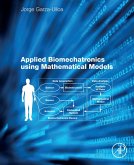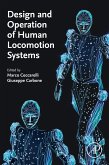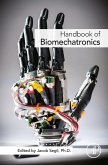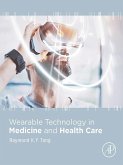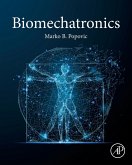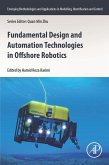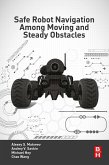Proportional-integral-derivative (PID) control is widely used in biomedical and industrial robot manipulators. An integrator in a PID controller reduces the bandwidth of the closed-loop system, leads to less-effective transient performance and may even destroy stability. Many robotic manipulators use proportional-derivative (PD) control with gravity and friction compensations, but improved gravity and friction models are needed. The introduction of intelligent control in these systems has dramatically changed the face of biomedical and industrial control engineering.
- Discusses novel PD and PID controllers for biomedical and industrial robotic applications, demonstrating how PD and PID with intelligent compensation is more effective than other model-based compensations
- Presents a stability analysis of the book for industrial linear PID
- Includes practical applications of robotic PD/PID control, such as serial sliding mode, explicit conditions for linear PID and high gain observers for neural PD control
- Includes applied exoskeleton applications and MATLAB code for simulations and applications
Dieser Download kann aus rechtlichen Gründen nur mit Rechnungsadresse in A, B, BG, CY, CZ, D, DK, EW, E, FIN, F, GR, HR, H, IRL, I, LT, L, LR, M, NL, PL, P, R, S, SLO, SK ausgeliefert werden.
Hinweis: Dieser Artikel kann nur an eine deutsche Lieferadresse ausgeliefert werden.



